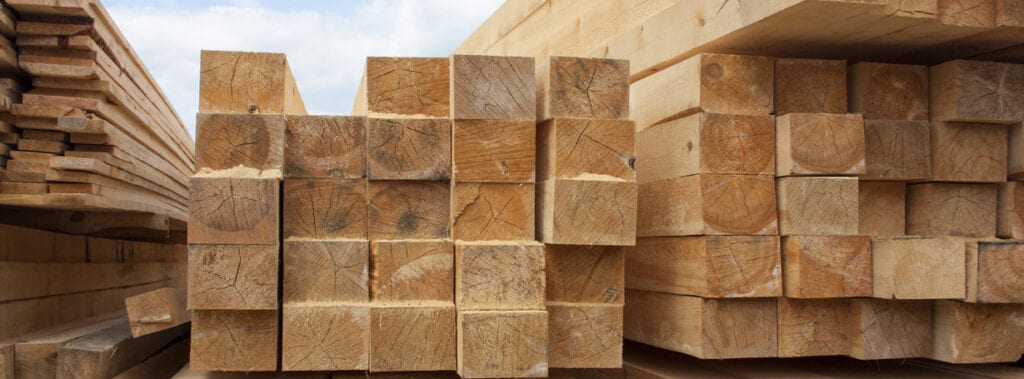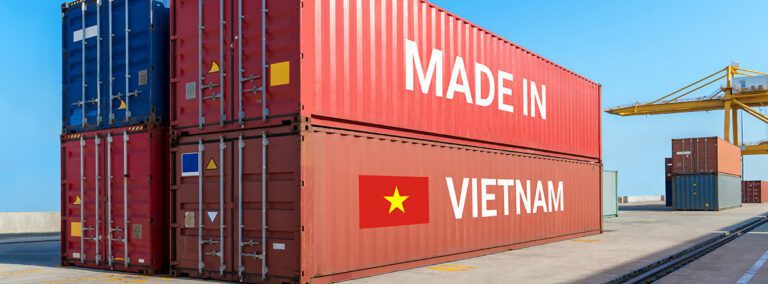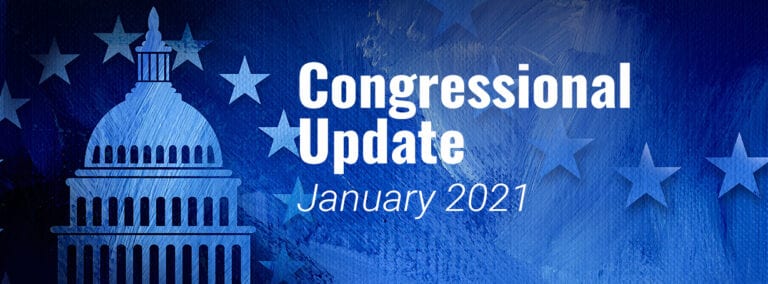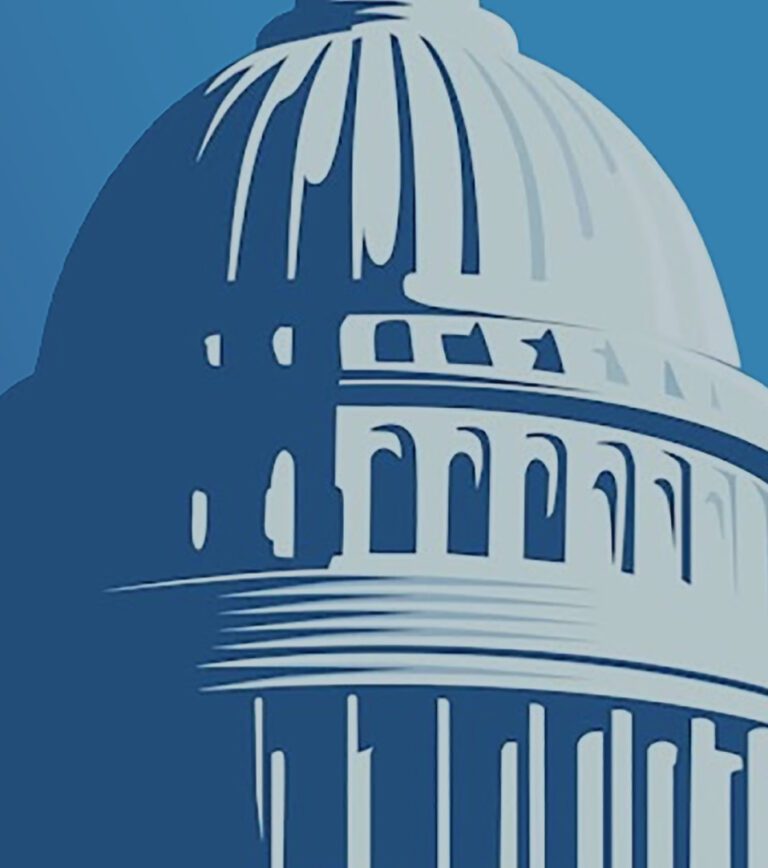Home furnishings products are one of the largest imports to the US. It is no surprise that when the United States imposed tariffs on exports from China, manufacturers got creative on ways to keep prices low for their customers. Many manufacturers responded by relocating their operations from China to Vietnam to avoid the war’s impacts on tariffs. In 2019, the US was the top market for Vietnam’s timber imports, importing more than $3.7 billion in wooden furniture. On October 2, 2020, the US Trade Representative (USTR) announced an investigation into Vietnam’s trade with the US, specifically around importing illegally sourced timber.
Section 301 of the Trade Act of 1974 grants the USTR the authority to impose foreign country trade sanctions that violate US trade agreements and burden US commerce. The purpose of the investigation is to address many issues that impact government, business, and society. Is Vietnam importing illegal timber? Are their import agreements following all laws, agreements, and commitments? Is any of the timber species protected or traded illegally? Are there any violations of US wildlife laws and regulations? How much of the US timber import from Vietnam is coming from illegal sources? The investigation will address what actions the United States will take while looking at how this impacts all stakeholders in the issue.
On December 28 and 29, 2020, a virtual hearing took place with 19 industry leaders testifying. Those who testified included market stakeholders such as Vietnam based manufacturers and suppliers, Tien Dat Furniture Corporation, Dai Thanh Furniture JSC, and Hiep Long Fine Furniture Company. Testimony also came from US market stakeholders, including furniture retailer Gardner-White Furniture, wholesaler Skyline Cabinetry, Inc., and manufacturer Caperton Furniture works. The public hearing also included testimonies from non-market stakeholders, including 13 business support groups and trade associations.
Among those who testified was Mark Schumacher, CEO of the Home Furnishings Association. In an exclusive interview with Mark, he said, “In the home furnishings industry, (retailers) are the last stop before the consumer. Anything that the trade association is fighting for is for the consumer as well. Our concern was that tariffs would be imposed on a large number of products before the investigation was even completed. Higher tariffs impact the community by increasing prices for the retailer to procure the materials and these higher prices extend to the consumers. We do not believe in illegally sourcing timber. But until violations have been confirmed and there is proof that illegally sourced timber is in US products, let us pause on all punitive actions of tariffs that will impact an already tedious economy.”
While the investigation is complete, the findings have not yet been released. One big question remains: what are the implications to communities, the economy, government, the consumer, the environment, businesses, and consumers if the USTR investigation proves that illegal timber has been harvested and impacts products imported to the US?









